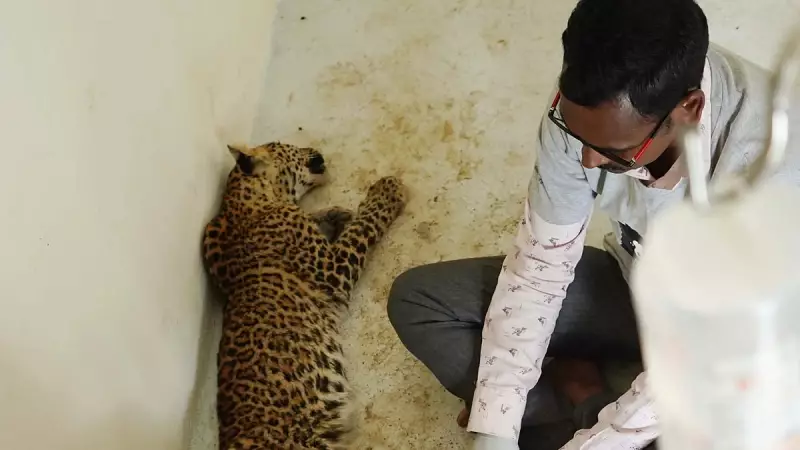
In a significant move to strengthen wildlife conservation, Karnataka's Forest Department is preparing to approach the state government with a proposal to establish a separate, dedicated cadre of wildlife veterinarians. This initiative aims to address the growing need for specialized medical care for animals in the state's extensive network of protected areas.
The current system often relies on veterinarians from the Animal Husbandry Department, who, while skilled, may lack specific training in handling wildlife emergencies and conservation medicine. This proposed dedicated cadre would consist of veterinarians specifically recruited and trained for wildlife healthcare.
Addressing a Critical Gap in Wildlife Management
The absence of a dedicated team of wildlife veterinarians has been a persistent challenge. Forest officials frequently face difficulties in providing immediate and expert medical attention to injured, sick, or orphaned wild animals. From treating elephants injured in conflicts to rehabilitating rescued tigers and leopards, the need for specialized veterinary expertise is paramount.
A separate cadre would ensure that these medical professionals are available round-the-clock to respond to emergencies across Karnataka's national parks, wildlife sanctuaries, and reserve forests.
Benefits of a Specialized Wildlife Vet Cadre
- Enhanced Emergency Response: Faster and more effective medical intervention for injured wildlife.
- Specialized Expertise: Vets trained specifically in wildlife diseases, tranquilization, and surgery.
- Improved Conservation Outcomes: Better healthcare directly contributes to the stability and health of animal populations.
- Dedicated Focus: These veterinarians would be solely focused on forest and wildlife needs, unlike their counterparts in the Animal Husbandry Department.
This proposal represents a forward-thinking approach to wildlife management in Karnataka. If approved, it could set a benchmark for other states in India, significantly boosting the country's capacity to protect its invaluable natural heritage through improved animal healthcare.





